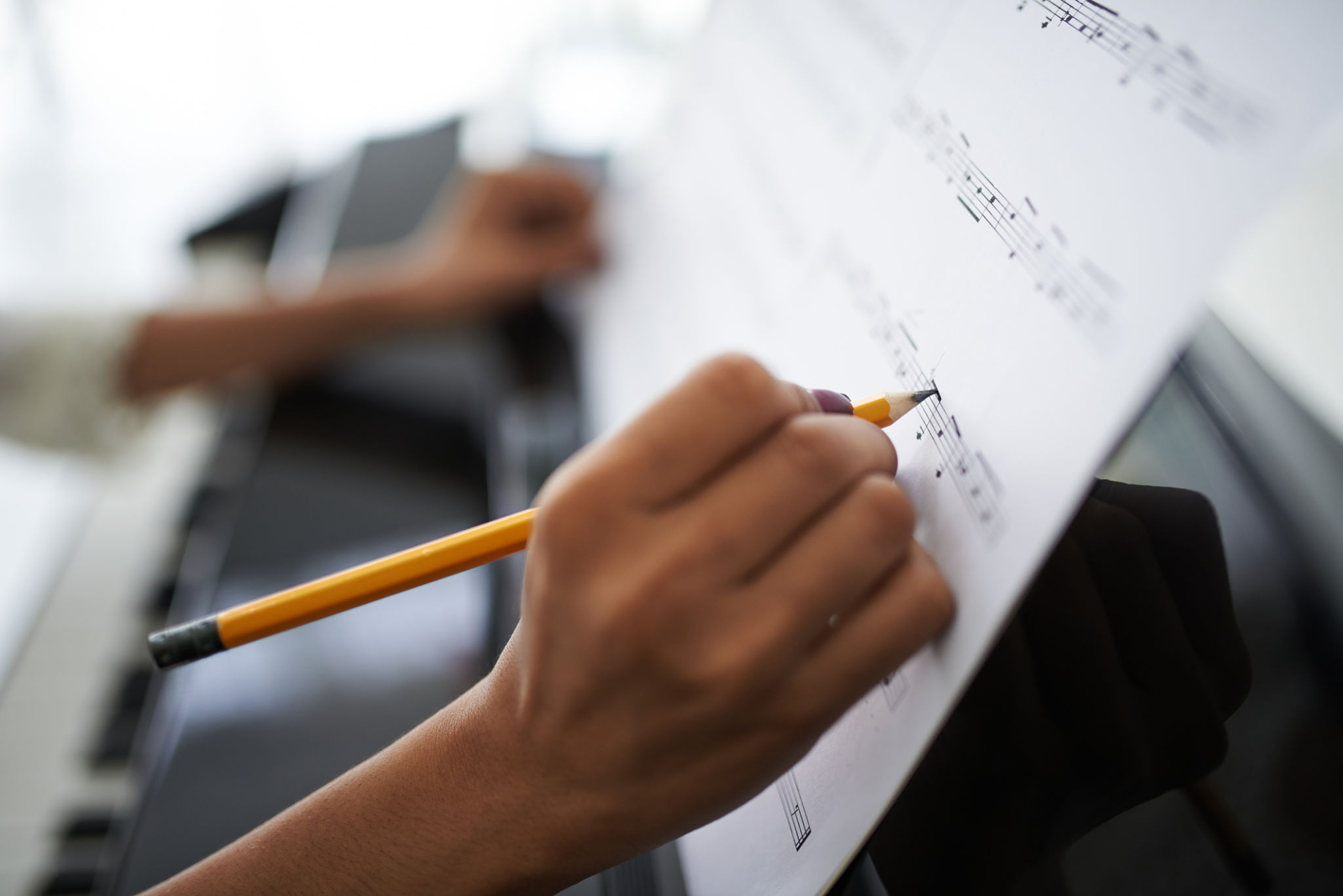The Role of Choir and Vocal Training in Enhancing Piano Performance Skills
The Interconnection of Choir and Piano Skills
Musicians often focus on mastering a single instrument, but the interconnected nature of musical skills means that learning one can greatly enhance another. For pianists, engaging in choir and vocal training can be surprisingly beneficial. These activities enhance listening skills, musicality, and even technical piano skills.
Choir participation requires a keen sense of pitch and rhythm, which are crucial components of piano performance. The ability to harmonize and maintain pitch in a choir setting translates to better ear training for pianists. This enhanced auditory ability can make a significant difference when interpreting complex piano pieces.

Developing Musicality through Choir
Involvement in choir helps musicians develop a deep sense of musicality. Singers must convey emotion and dynamics through their voices, a skill that is transferable to piano performance. Pianists who have vocal training are often more expressive in their playing, as they are accustomed to interpreting music beyond the written notes.
Moreover, choir singers learn to follow a conductor's cues and adjust their performance accordingly. This adaptability enhances pianists' abilities to collaborate with other musicians, whether accompanying a soloist or playing in an ensemble. As a result, pianists become more versatile performers.

Vocal Techniques Enhance Piano Technique
Vocal training isn't just about singing; it involves breathing techniques, posture, and articulation—all of which are beneficial for pianists. Proper breath control aids in maintaining focus and reducing tension during performances. Good posture promotes relaxation and endurance, essential for long practice sessions at the piano.
Articulation skills developed through singing also contribute to piano technique. Understanding how to shape phrases vocally can help pianists create more nuanced and articulate performances. This holistic approach to music-making results in a richer, more polished sound.
Improving Sight-Reading Skills
Choir involvement demands strong sight-reading capabilities, as singers often encounter new music regularly. This experience sharpens the sight-reading skills of pianists, enabling them to tackle new pieces with confidence and efficiency. Faster comprehension of sheet music leads to a more productive practice routine.

Furthermore, sight-reading with a choir cultivates quick thinking and adaptability. Pianists learn to anticipate musical patterns and make corrections on the fly, which is invaluable during performances where unexpected challenges may arise.
The Social and Emotional Benefits
Lastly, participating in a choir offers social and emotional benefits that enhance overall musicianship. The collaborative nature of choir promotes teamwork and communication skills. These experiences foster a supportive musical community, encouraging pianists to explore new styles and genres without hesitation.
Emotionally, singing in a choir can be uplifting and therapeutic. This emotional resilience translates into more heartfelt piano performances, as musicians who are in touch with their emotions can convey them more effectively through their music.

In conclusion, the role of choir and vocal training in enhancing piano performance skills is multifaceted. By developing musicality, technique, sight-reading abilities, and emotional expression, pianists can achieve a higher level of artistry. Embracing choir as part of their musical journey opens up new avenues for growth and inspiration.
